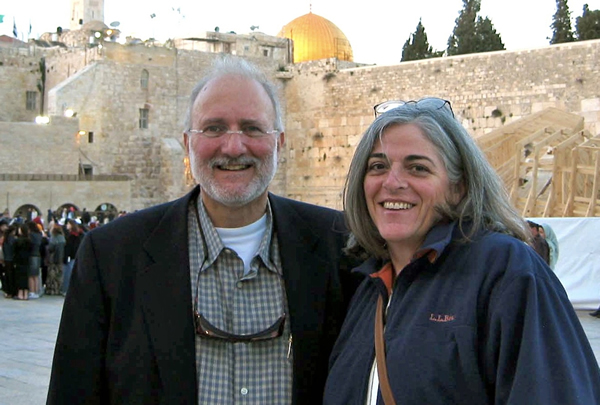A Cuban Slap on the Wrist: The Alan Gross Case
Ray Walser /
The Obama Administration has in recent months made efforts to improve relations with Cuba contingent upon the release of Alan P. Gross. A subcontractor for the U.S. Agency for International Development (USAID), Gross was arrested in December 2009 for making the Internet available to members of Cuba’s minuscule Jewish community. He was sentenced to 15 years in prison in March 2011. Two weeks ago, Cuba’s highest tribunal listened to an appeal of his conviction and a plea for release.
In Cuba, free circulation of ideas is forbidden. The State defines truth, not the individual. Free exchanges of information are viewed as subversive and undermining the authority of the State. A combination of siege mentality and decades-old thought control keep the island locked in the grip of the regime’s repressive informational stranglehold.
A window for potential clemency in the Gross case opened when Cuba’s highest court took up the Gross case. The court could have voided Gross’s 15-year sentence. Expectations were not high. Cuba is a country where justice is always political, and the judiciary looks over its shoulder for cues from the political hierarchy.
Fidel and Raul Castro could have used the moment to signal a modest change of heart. Or, as The Washington Post notes, they could have demonstrated that Cuba is “remotely interested in better relations with Washington.” They did not. Cuban paranoia prevailed. The court rejected Gross’ appeal. The Castro brothers opted to continue to punish Gross—now America’s most prominent political prisoner—throwing it in the face of the Obama Administration and the United States.
Cuba’s aging dictatorship, slumping economy, scattershot economic reforms and resort to acts of repression constitute a desperate spectacle. Cuba has put out the welcome mat for cancer-stricken Hugo Chávez. His health crisis looms large as Venezuela provides an indispensable lifeline of support to the regime. The role U.S. travel and remittances play in propping up the economy is taken as a given.
In the twilight of its tyranny, the Castro regime is determined to show it can still play hardball with the life and liberty of a single American citizen and show that the Obama Administration is unable to do little more than bluster.
Former diplomat and democracy expert Elliott Abrams is right: The next step for the Administration to take is to use diplomatic channels to inform the Castro brothers that unless their “clemency” is exercised, the relaxation of travel restrictions will be reversed and greater pressure will be brought on the government of Cuba.

